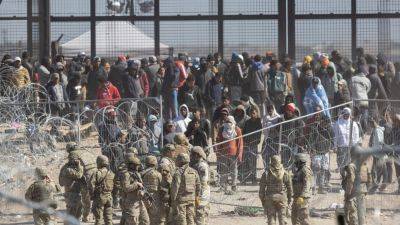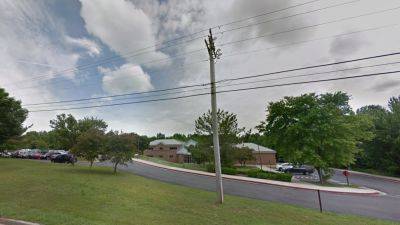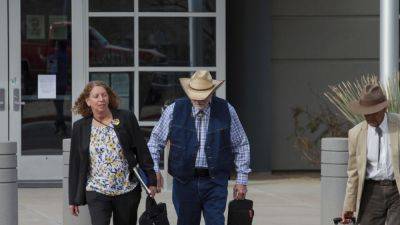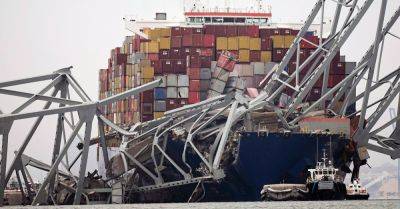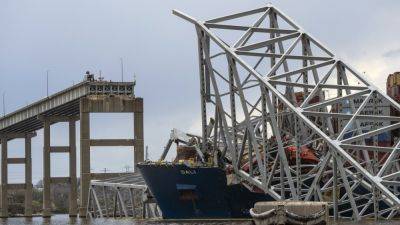In Maryland, female migrant laborers face an uncertain future as sea levels rise – photo essay
In the evening light, Maribel Malagon stepped outside into a rain storm.
It was late October and Malagon, 53, had worked all day picking crab off the eastern shore of Maryland. That night, she and a handful of other seasonal workers walked to a neighbor’s house for an evening of prayer. On the way, Malagon clutched a pendant of St Judas, the patron saint of lost causes, that hung around her neck; she hoped he would hear her prayers for more work.
About an hour later, when the women were ready to call it a night, the coastal waters had risen so high that the road leading back to their house was completely submerged.
“We didn’t know which way to go. We were afraid that we would fall into the ditches,” Malagon said in Spanish, thinking back on that night two years ago. To make it back home, the women waded through knee-high murky waters. “The island is changing every year.”
For more than 20 years, Malagon has been coming to work in crab processing plants on Hoopers Island, one of the many island communities in the Chesapeake Bay.
Hoopers Island, a chain of small islands linked by causeways, has been the center of the state’s seafood industry since the early 1900s. Due to its low-lying nature, the region has faced erosion and destructive storms over the years.
But rising sea levels are increasing the frequency of flooding, creating uncertainty for the village’s watermen and their families, who have long depended on the seafood industry for their livelihoods. The situation is especially worrying for female migrants such as Malagon, who have limited job prospects back home in Mexico and wonder how long they will be able to work on the island.
Twenty-four years ago, when Malagon first arrived on the island, her output was prolific.



